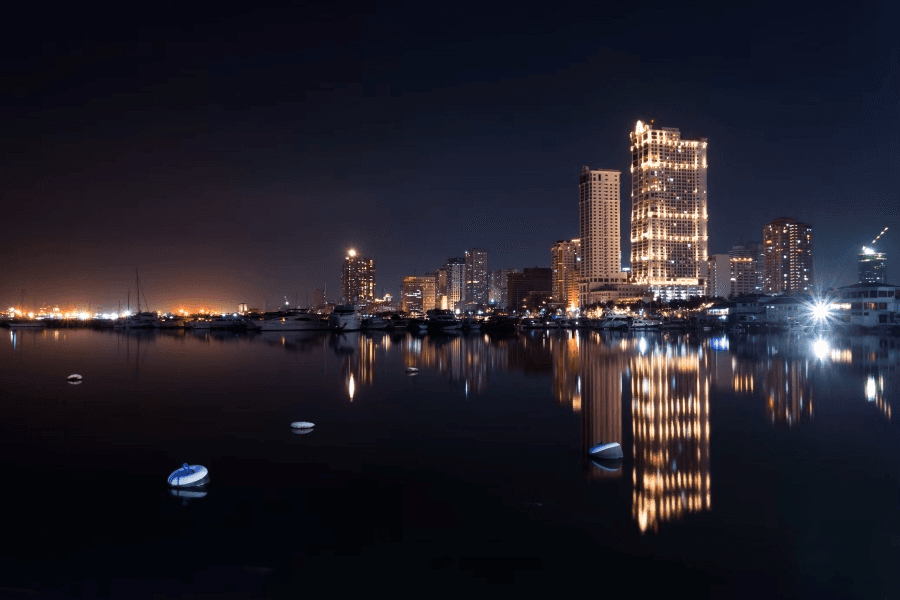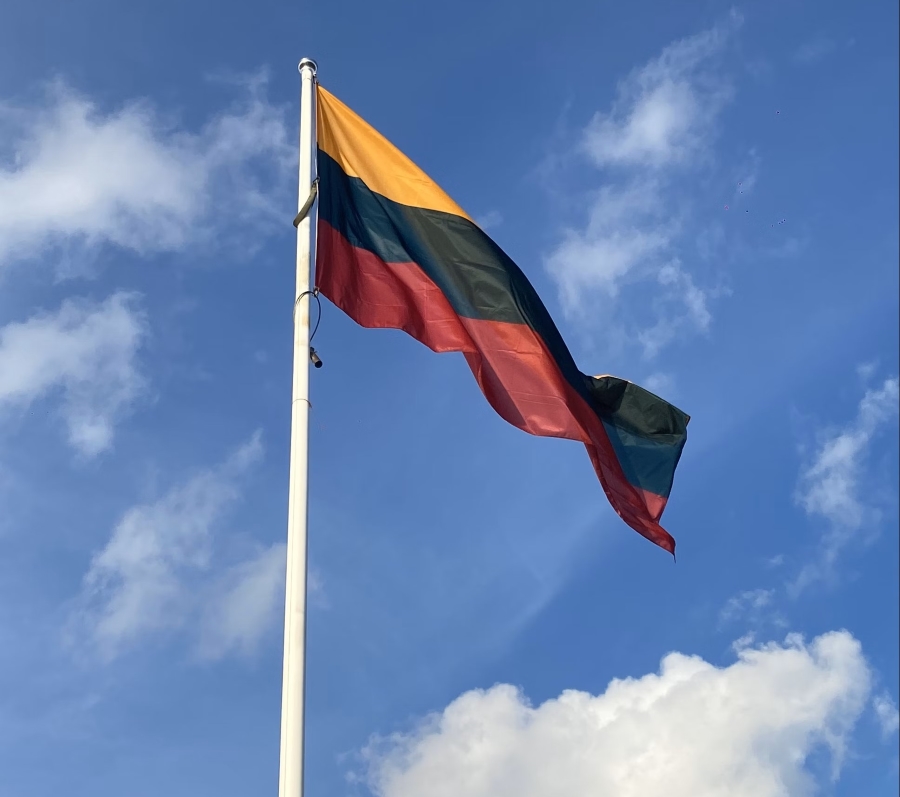
A public hearing on Thailand’s draft Entertainment Complex Bill has shown broad support for legalising casinos, with over 80 percent of respondents approving the proposal. More than 70,000 people participated in the consultation, which took place between 28 February and 14 March, according to Thailand’s Ministry of Finance. The government now plans to incorporate feedback before submitting the revised bill to the Cabinet for approval.
The initiative aims to attract foreign investment, increase tax revenue, and curb illegal gambling operations. While international gaming operators, including Galaxy Entertainment Group and MGM Resorts International, have shown interest, opposition parties and gambling addiction advocacy groups have criticised the plan, arguing that it would primarily benefit large corporations and foreign investors.
Calls to lower entry barriers for Thai citizens
A key concern raised in the hearing was the high financial threshold required for Thai nationals to access casinos. The draft bill currently stipulates that local patrons must hold at least THB50 million ($1.5 million) in fixed deposits for six consecutive months. Many respondents believe this restriction is excessive and would significantly limit the number of eligible Thai customers.
Alternatives suggested include reducing the deposit requirement to THB10 million ($294,200) or allowing other forms of assets, such as land and stocks, to be considered. Some have also proposed lowering the threshold to THB5 million ($147,100) while imposing an income condition. Others argue that rather than financial restrictions, responsible gambling measures such as maximum betting limits and education initiatives should be prioritised.
Debate over casino floor space restrictions
The bill currently limits casino operations to 10 percent of the total area within an integrated resort (IR). While many industry stakeholders deem this sufficient, some respondents in the public hearing have called for an increase in casino floor space under strict regulatory oversight.
Thailand’s government maintains that keeping gaming areas small within entertainment complexes, which will also house hotels, convention centres, and theme parks, ensures a balanced tourism offering. However, critics believe a larger allocation would provide greater economic benefits while allowing for tighter regulatory supervision.
Regulatory and social safeguards proposed
To address concerns about the social impact of legal gambling, respondents have suggested that operators allocate at least 1 percent of their net profit to corporate social responsibility (CSR) initiatives. Additionally, 2 percent of casino revenues should be earmarked for gambling addiction rehabilitation programmes.
Public feedback also highlights the importance of clear licencing and regulatory frameworks to prevent abuse of power and ensure transparency. Under the proposed legislation, entertainment complexes would be operated by Thai-registered companies with a minimum paid-up capital of THB10 billion ($294.2 million). A casino licence would cost THB5 billion ($147.1 million) in the first year, followed by an annual renewal fee of THB1 billion ($29.4 million).
Call for referendum resurfaces
In a report by The Nation, academics and experts renewed calls for a referendum on the proposed casino policy, citing concerns over corruption, crime, and gambling addiction. Thanakorn Komkrit, Secretary-General of the Stop Gambling Foundation, criticised the lack of regulation and public consultation, urging updates to Thailand’s 90-year-old Gambling Act.
Meanwhile, Nonarit Bisonyabut of TDRI warned against monopolies and money laundering risks. He stressed the need for strict oversight and public involvement to prevent exploitation and ensure transparency in the industry’s expansion.
Next steps for the casino bill
According to local media reports, the Ministry of Finance has confirmed that the public’s recommendations will be considered in refining the draft bill before it is presented to the Cabinet for review. If approved, it will proceed to the House of Representatives and the Senate for legislative approval.
A committee led by the prime minister will determine key details such as tax rates, the number of casino licences, and permitted locations. Initial licences are expected to be issued for major tourist destinations, including Bangkok, Chiang Mai, and Phuket.
Thailand’s tourism industry remains a crucial driver of economic growth, contributing approximately 12 percent of the country’s gross domestic product (GDP). With 17.5 million foreign arrivals in the first half of 2024, the government sees legalised casinos to boost tourism revenue further and compete with established gaming hubs like Macau and Singapore.



 2025-03-28
2025-03-28















